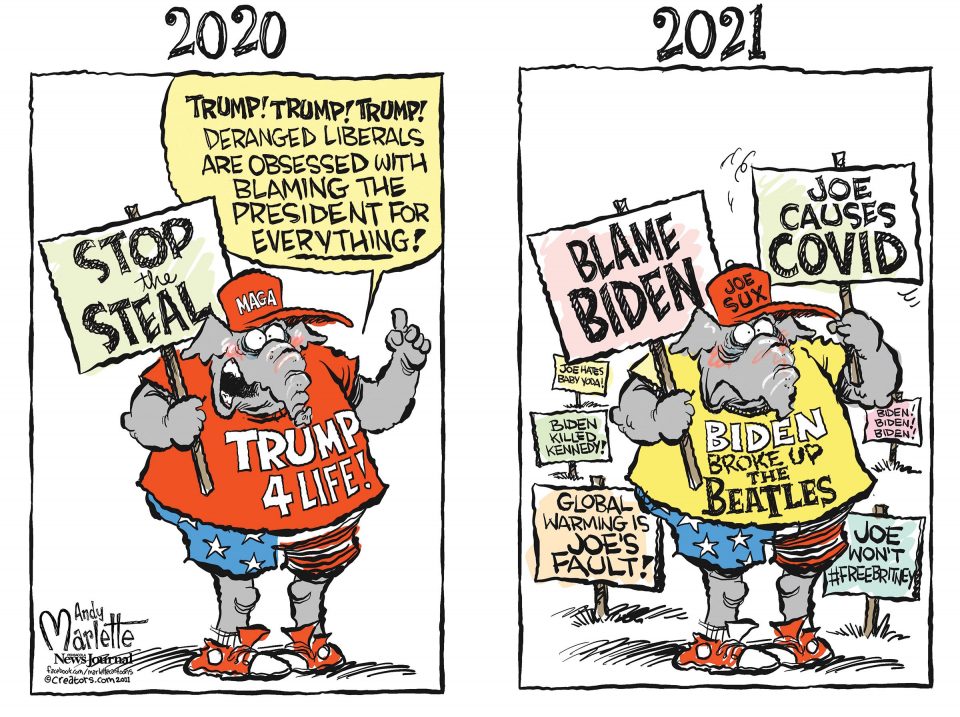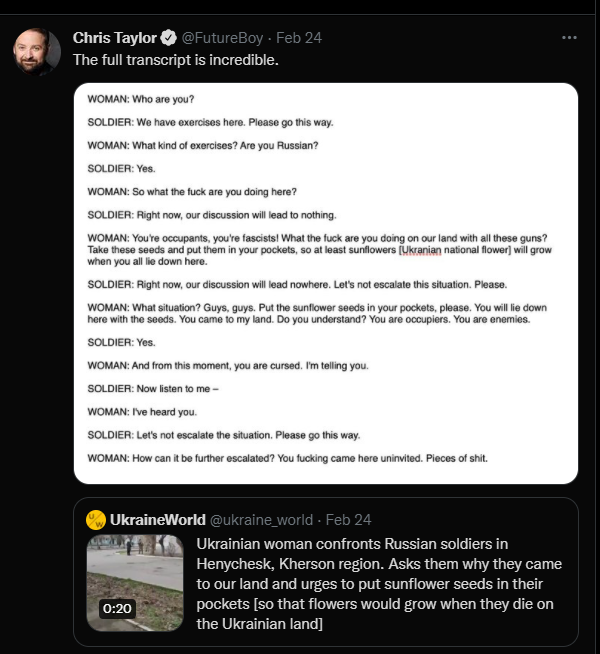The technology boom in the early 2000s has changed our world in many ways; how we interact with others, how we get our news, and how we share our opinions, especially political opinions.
We have created digital online spaces allowing those with access a chance to discuss world events, along with being able to watch them in real time. Subsequently, comedy and the way we share and present it has changed, creating new formats and formulas to plug in online to make our views widely shared. From Tik Tok, to the generation of memes as communication, to online web series, login online and you have it at your fingertips. You don’t even have to choose what forms of comedy you want to indulge in, the algorithm will do it for you!
While this has been a great gift for those of us in the industry to share our talent and make others laugh during tough times, it has also brought up conversations about how we use comedy in our personal lives, and how the growth of digital comedy as commentary can be a very slippery topic.
The use of comedy as political commentary is nothing new, in fact, some could say politics and comedy go hand in hand; between jokes geared to rile up those of different political stripes, to the over characterization of politicians themselves – there has always been communication between the two.
The oldest example of comedy in politics is something we have seen while flipping through high school history textbooks. Politically charged comedic comic strips have evolved throughout the years and is by far one of the oldest ties between comedy and politics. The first comic strip appeared in the Pennsylvania Gazette on May 9th, 1754 and since has been a staple in most any newspaper you can purchase. We see these cartoons not only be used for a quick chuckle, but also used in textbooks and for educational purposes, mainly because it creates a quick and digestible understanding of a politician, party, or situation that is much more accessible to those who may not understand the political jargon, which, let’s be honest, is really confusing. By making politics more digestible, it allows more people to get involved, and that can be for good, and sometimes for bad.
A tweet from the Ukraine verified Twitter account went viral in the past week which contained a cartoon strip of Hitler holding Putin’s face in his hands, and was met with a lot of comments about the origin. A lot of people online commented on how this was inappropriate, as we shouldn’t joke about Putin, and others used it as a weapon against Ukraine.
One of the oldest forms of comedy, the political comic strip, has been forgotten and seen by some as inappropriate. How did we get here? I began to realize that in the new age of technology, the relationship between comedy and politics becomes a question of ethics, as most times we can’t read others’ tone while online. It made me think about the use of comedy, or rather, the excuse of making jokes about certain situations as a replacement for emotional reaction. Why dig into something deep within when you can log onto a meme generator and post it on Twitter?
In the example of the war in Ukraine, we see folks pointing fun at Putin, which seems harmless, but does this take the seriousness out of the situation? Has comedy stunted our ability to feel emotions, understand severity and urgency, or has it been used as a weapon to diminish narrative and history?
Often, the response online to an inappropriate joke, or even a general joke about a certain situation is ‘it’s just how I cope’, which seems harmless, but it says a lot about the weight we put on comedy to hide our emotions and cover up, creating a persona online that depicts us being perfect.
We see it a lot in real life, trauma responses being a joke or to brush off the seriousness of pain and suffering. While this can be harmless, I think it creates a dangerous narrative that we don’t have to deal with our mental turmoil, but instead, we can make a joke, make others happy, and forget about it for a while.
Personally, it’s harmless to everyone except your own growth, but when it comes to political situations like war, or social situations like poverty or homelessness, we create a side street where we as a privileged society don’t have to come to terms with that fact that our homes aren’t under attack. So, the question is, when is it appropriate to joke about these things without taking the severity out of them? And why do we get so defensive about it?
I think it boils down to the harsh communities we as a society have created online. The drive to be the most shocking, to get the most likes, to spin the most heads. While there was a time where this was big in comedy, we have grown, and we start to understand that within our technological world today, using memes and media to make a joke is fine, as long as we aren’t diminishing the severity of a situation.
Some people will argue that comedy is stupid, and I agree, I think it can be very stupid, in fact, most of the comedy I write makes no sense, but when it does make sense and says something, it can travel far and create a big impact. Comedy is a teaching tool can be very helpful to anyone who wants to learn about what is happening throughout our world, but doesn’t necessarily know the scientific phrases to understand when listening to the news or reading an article.
Growing up online, you learn that everything is at your disposal; you see differing opinions, hatred, danger, fear-mongering, yet you also see happiness, perseverance, and hope. How do we field through that? I don’t think we truly know, but when we keep a level of emotion and reality within our comedy, we can create awesome learning abilities for the online world, we can share stories and experiences, and we can express who we are and how we feel, but within the appropriate times.












Leave A Reply